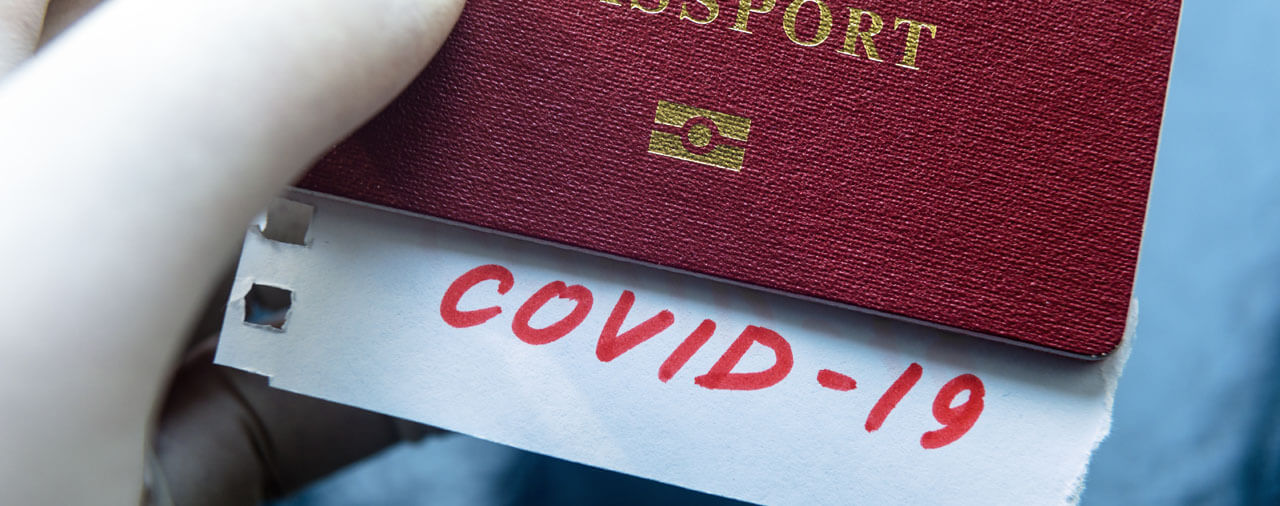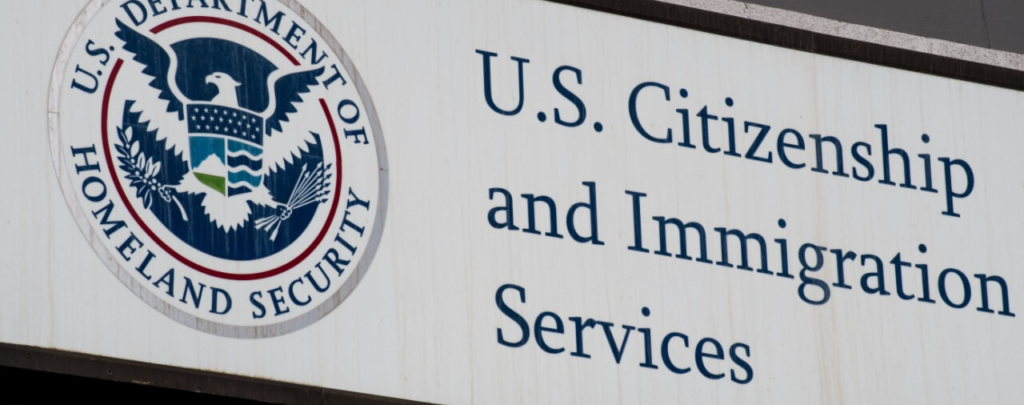Public Charge and the Coronavirus
The novel coronavirus has wreaked havoc on the United States’ economy, causing hardship for citizens and noncitizens alike. Many noncitizens who are hoping to someday become lawful permanent residents have expressed uncertainty about whether accepting certain benefits may trigger public charge issues under the new public charge rules [see article]. In this article, we will briefly examine the effect of accepting unemployment benefits or testing, screening, or treatment of illness caused by the coronavirus (COVID-19) on public charge determinations.
Unemployment Benefits Are Not Considered in Public Charge Determinations
Unemployment benefits are considered “unremunerated public benefits.” The United States Citizenship and Immigration Services (USCIS) does not consider the receipt of unemployment benefits in making public charge determinations. National Public Radio expressly asked the USCIS about the receipt of unemployment benefits during the pandemic, and the USCIS responded that unemployment is an “earned benefit” that is not considered in the public charge analysis. USCIS lists benefits that are exempt from public charge determinations at 8 USCIS PM G.10(B)(1) [PDF version].
While unemployment benefits do not implicate public charge per se, it is possible that prolonged periods of unemployment could raise ancillary public charge concerns. Aaron Reichlin-Melnick of Immigration Impact, however, noted that the USCIS has indicated that it would take into account whether an applicant’s financial circumstances and periods of unemployment were caused by the coronavirus outbreak [link]. We discuss this further later in the post [see section].
In short, accepting unemployment benefits does not render an alien a public charge. It is possible that prolonged periods of unemployment, however, potentially may raise public charge concerns. A prospective permanent resident applicant with questions about his or her individual prospects for lawful permanent resident status should consult with an experienced immigration attorney for a case-specific assessment.
Testing, Screening, or Treatment of Communicable Diseases Does Not Render an Alien Public Charge
The USCIS notes on its public charge page that “[t]he Public Charge rule does not restrict access to testing, screening, or treatment of communicable diseases, including COVID-19.” (Emphasis added.) The USCIS Public Charge page notes that “USCIS considers the receipt of public benefits as only one consideration among a number of factors and considerations in the totality of the alien’s circumstances over a period of time with no single factor being outcome determinative” [PDF version].
The USCIS notes that some aliens who are affected by the coronavirus may be hesitant to seek treatment or preventative services in light of public charge concerns. In response to these concerns, the USCIS stated that it “will neither consider testing, treatment, nor preventative care (including vaccines, if a vaccine becomes available) related to COVID-19 as part of a public charge inadmissibility determination, nor as related to the public benefit condition applicable to certain nonimmigrants seeking an extension of stay or change of status, even if such treatment is provided or paid for by one or more public benefits, as defined in the rule (e.g., federally funded Medicaid).
However, notwithstanding the USCIS’s special provisions for testing and treatment related to the coronavirus, the public charge rule requires the USCIS to consider the receipt of certain cash and non-cash public benefits in public charge determinations. To this effect, the USCIS notes that most forms of federally funded Medicaid for aliens over the age of 21 are considered in public charge determinations. Medicaid for emergency medical conditions or for pregnant recipients is generally excluded. CHIP, State, local, or tribal public benefit health care services and assistance that are not funded by federal Medicaid, however, do not weigh against a positive public charge determination.
See our next section for information on how receipt of certain public benefits can be mitigated by evidence showing that the alien was adversely affected by the coronavirus.
Coronavirus is a Mitigating Factor for Receiving Public Benefits
The USCIS provided guidance for aliens subject to the public charge ground of inadmissibility who are affected by the coronavirus. Specifically, “if an alien subject to the public charge ground of inadmissibility lives and works in a jurisdiction where disease prevention methods such as social distancing or quarantine are in place, or where the alien’s employer, school, or university voluntarily shuts down operations to prevent the spread of COVID-19, the alien may submit a statement with his or her application for adjustment of status to explain how such methods and policies have affected the alien as relevant to the factors USCIS must consider in a public charge inadmissibility determination.” As an example, the USCIS suggested that it may consider evidence that the alien had to take public benefits to get by after having been prevented from working or attending school as relevant in determining whether the alien is inadmissible on public charge grounds.
Conclusion
In general, receipt of unemployment benefits or of treatment for illness stemming from the coronavirus does not, by itself, implicate public charge directly. Furthermore, the USCIS has signaled a willingness to consider whether an alien’s receipt of certain public benefits is attributable to the coronavirus outbreak in making public charge determinations.
With all that being said, an alien with specific questions or concerns about his or her status as a potential public charge should consult with an experienced immigration attorney for case-specific guidance. If an alien needs to accept any benefits or if he or she has circumstances stemming from the coronavirus which may raise public charge concerns, he or she should keep records and receipts in order to document the circumstances if they become relevant in the context of an application.





